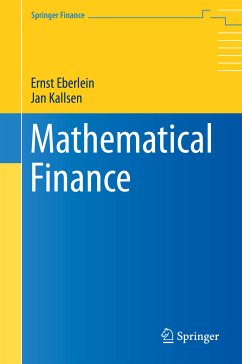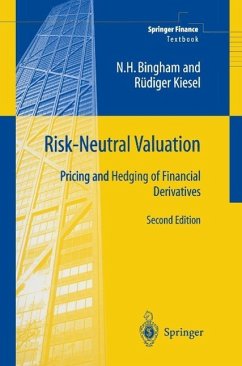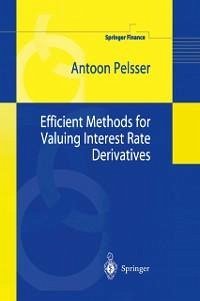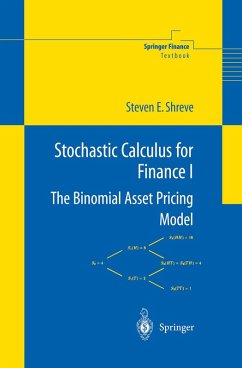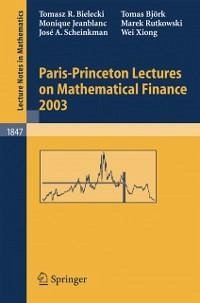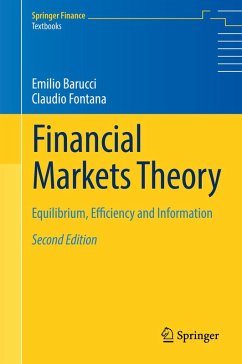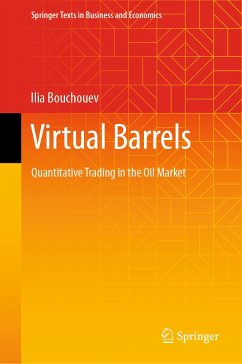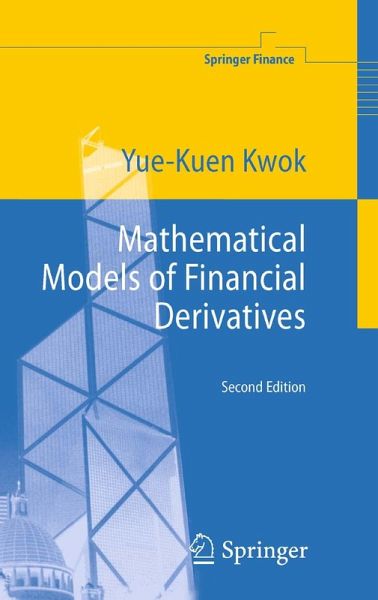
Mathematical Models of Financial Derivatives (eBook, PDF)
Versandkostenfrei!
Sofort per Download lieferbar
Statt: 106,99 €**
54,95 €
inkl. MwSt.
**Preis der gedruckten Ausgabe (Gebundenes Buch)
Alle Infos zum eBook verschenkenWeitere Ausgaben:

PAYBACK Punkte
27 °P sammeln!
This book contains a comprehensive account of pricing models of financial derivatives, including exotic equity options, interest rate products and credit derivatives. It presents a self-contained treatment of risk neutral valuation theory, martingale measure, and tools in stochastic calculus required for the understanding of option pricing theory. Derivative pricing models are solved using various approaches, by martingale pricing theory and partial differential equation method. This text is targeted for students in mathematical finance. It also serves as a good reference for quantitative anal...
This book contains a comprehensive account of pricing models of financial derivatives, including exotic equity options, interest rate products and credit derivatives. It presents a self-contained treatment of risk neutral valuation theory, martingale measure, and tools in stochastic calculus required for the understanding of option pricing theory. Derivative pricing models are solved using various approaches, by martingale pricing theory and partial differential equation method. This text is targeted for students in mathematical finance. It also serves as a good reference for quantitative analysts and derivative traders in investment banks. Research results and concepts are made accessible to the reader through extensive set of exercises.
Dieser Download kann aus rechtlichen Gründen nur mit Rechnungsadresse in A, B, BG, CY, CZ, D, DK, EW, E, FIN, F, GR, HR, H, IRL, I, LT, L, LR, M, NL, PL, P, R, S, SLO, SK ausgeliefert werden.



